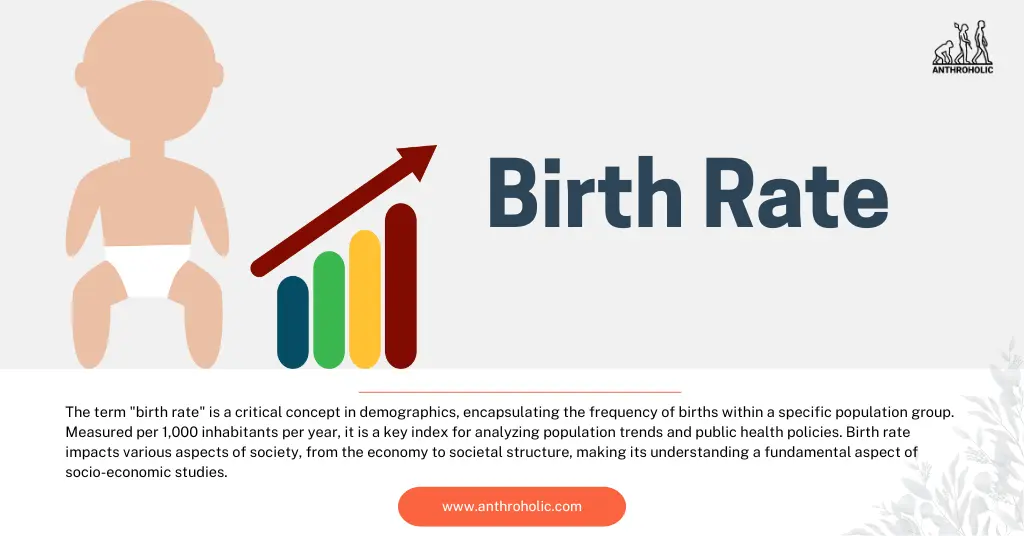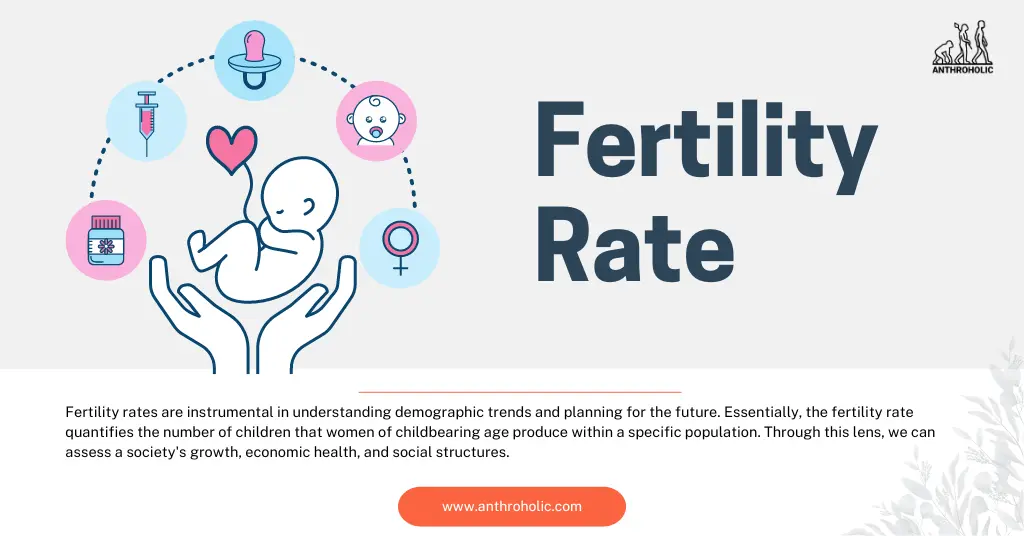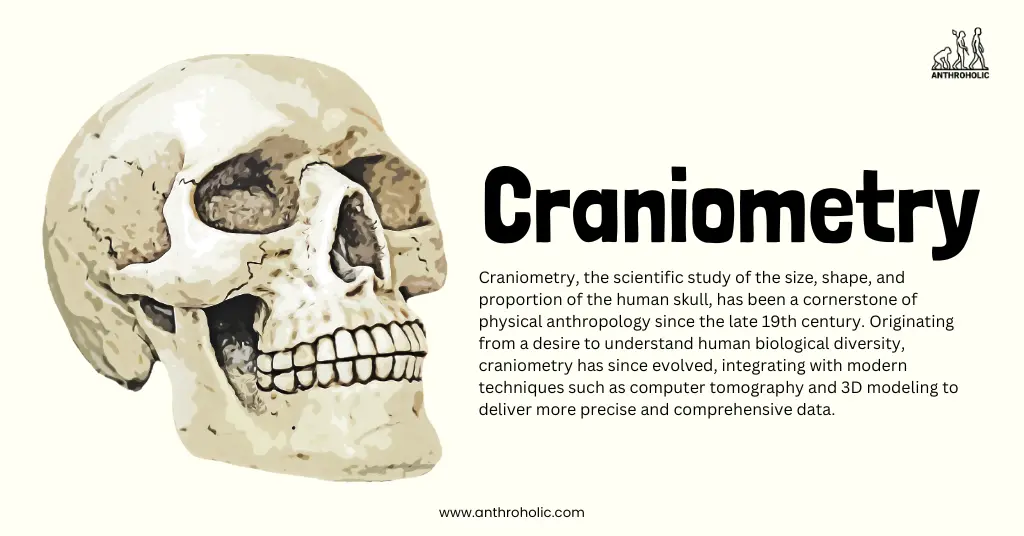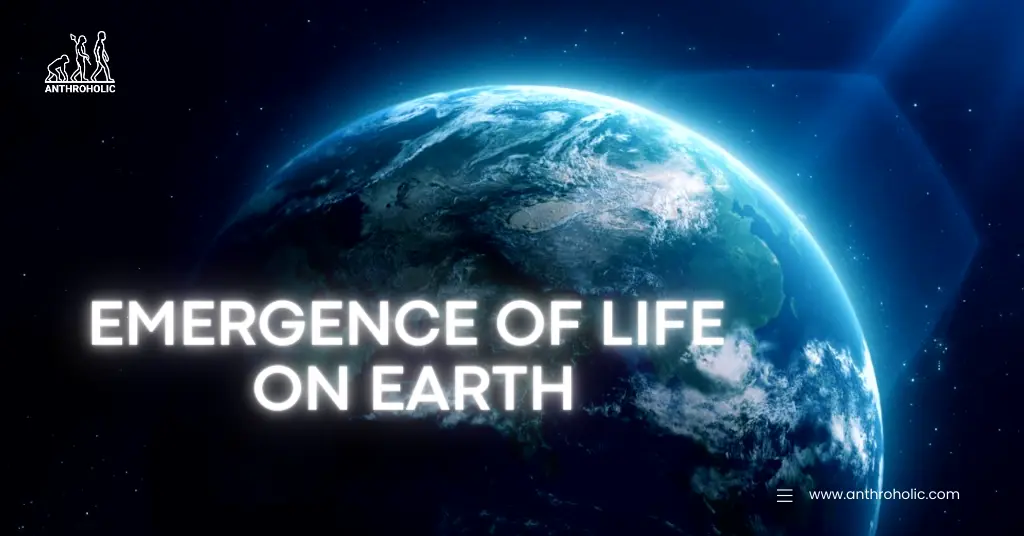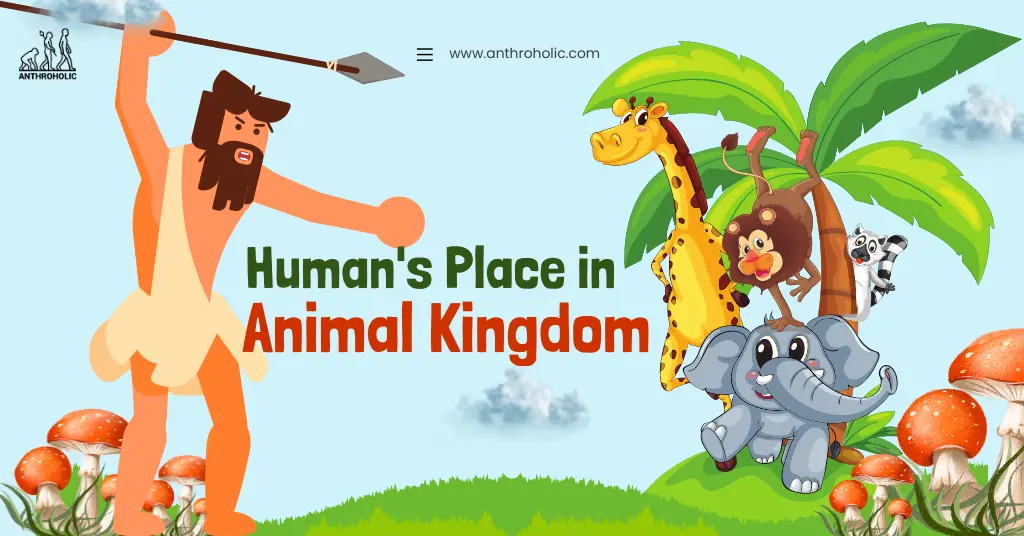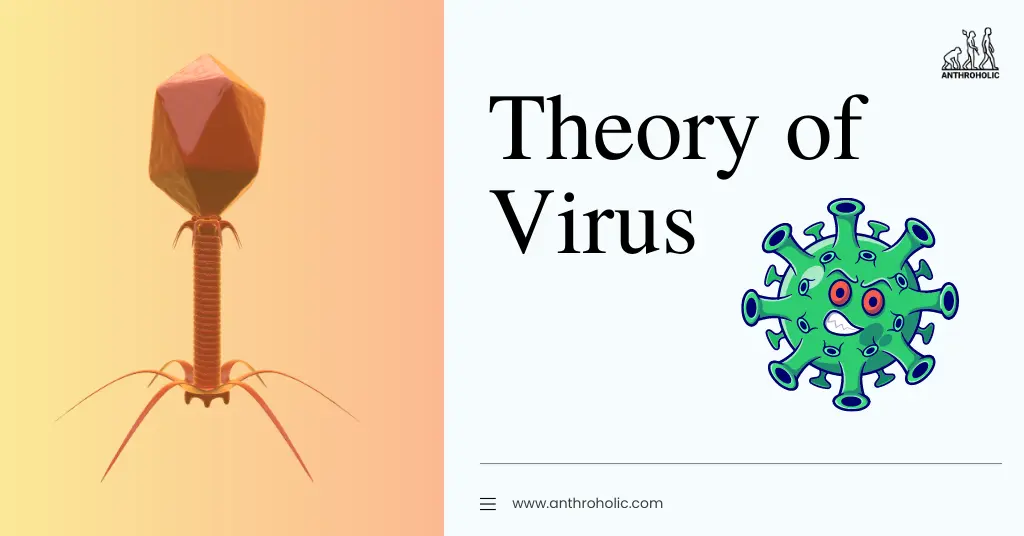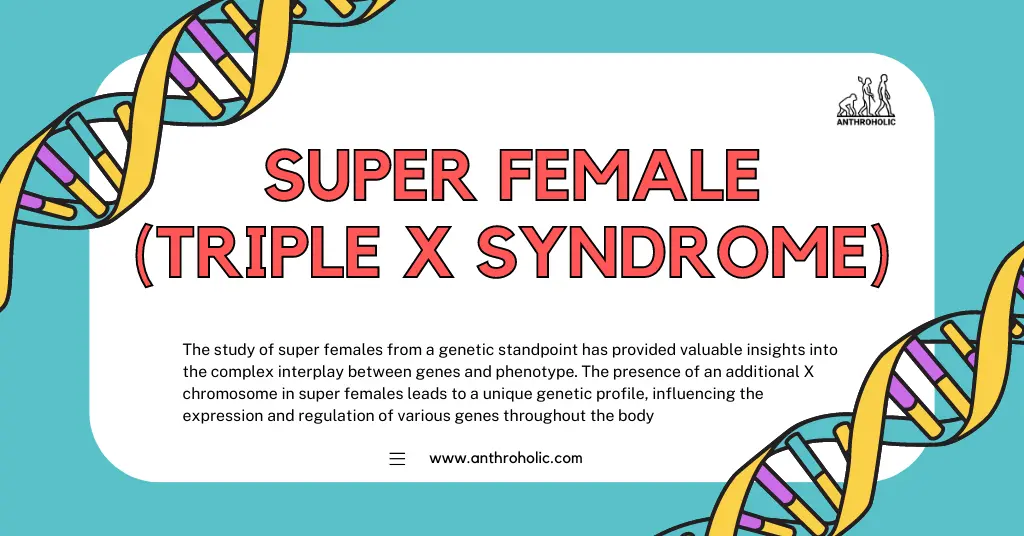AI Answer Evaluation Platform Live Now. Try Free Answer Evaluation Now

MNS Blood Group System
The MNS blood group system is one of the several human blood group systems recognized by the International Society for Blood Transfusion (ISBT). It was first discovered in 1927, following the discovery of the ABO system, and it is notable for its complexity and its significant implications in transfusion medicine and disease association.
